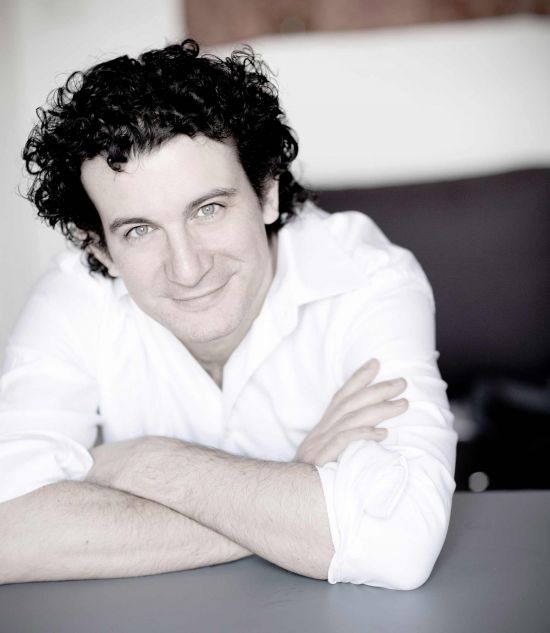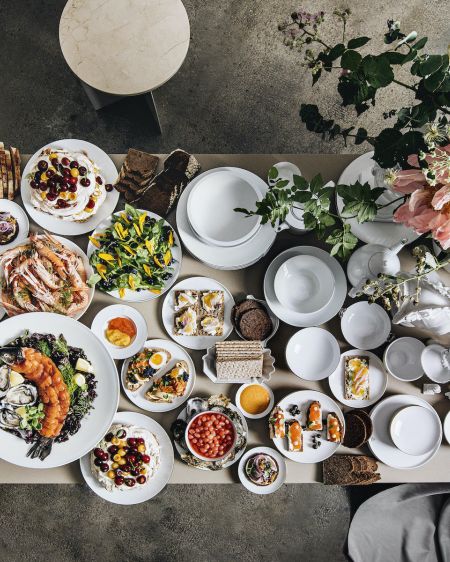E-magazine Mozarteum Salzburg
The Mozart Week 2021 in Salzburg celebrates the Musico drammatico and Mozart's 265th birthday. Due to Corona, art, music and culture do not have it easy. But the Mozarteum proves that it is possible to put on an event even in such difficult times.
Together with the Mozarteum, we have developed an interactive e-magazine for the Mozart Week. In this magazine we introduce the artists, give insights into the newly designed foyer of the University of the Arts and make you look forward to the Music Week. Furthermore, we offer the possibility to buy tickets for the events directly.
All eleven festival days are filled with Mozart’s most exquisite musical delights. This time, almost all the pieces Mozart composed in minor will be presented – including his brilliant mass in C minor, conducted by Alain Altinoglu. Teresa Pieschacón Raphael met the artist for an interview to talk about Mozart's complex work.
You can read everything about the Mozart Week 2021 in the Mozarteum's e-magazine.




